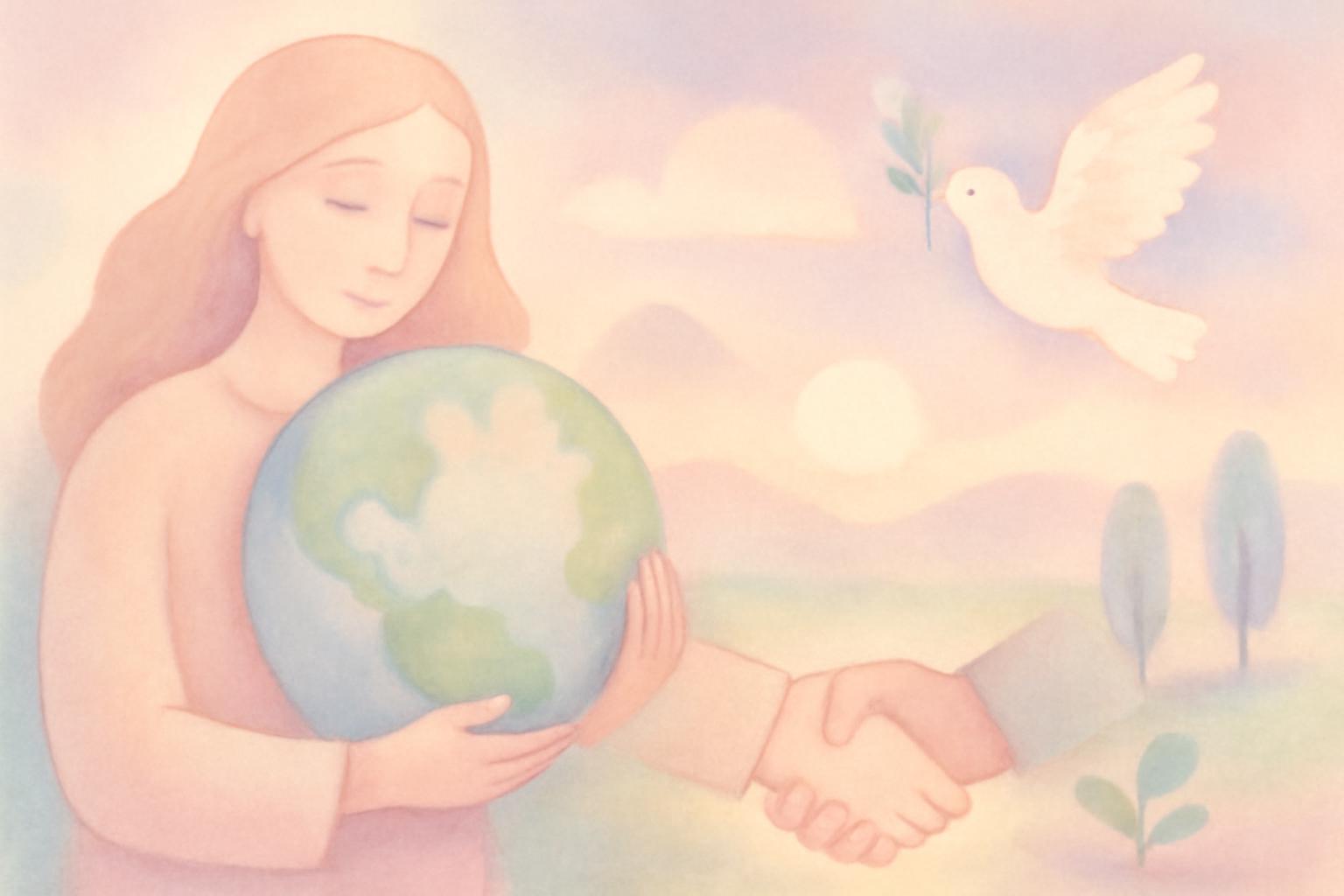Gentle readers awaken to how the world speaks when rulers gather and the cameras glow. Across democracies where press freedom lives, the Alaska encounter was read as a mix of spectacle and hesitation: a moment when a favored reception for one leader met with critical silence on any binding promise. Many outlets described little substance emerging from the talks, framing it as a diplomatic win for the other side or at least a lull in the thunder of conflict. The inked voices warned that Ukraine and Europe could be pressed toward concessions or a questionable peace, that hospitality did not translate into durable guarantees, and that the room left more questions than answers. In short, it felt like a high-profile meeting that did not walk the long road toward clarity or agreement, leaving observers to wonder what path forward—if any—might truly honor the needs of people on the ground amid a war’s churn.
And yet, beneath the surface gloss of handshakes and strategy, a deeper current flows through our shared earth. We must name the harm that so often travels with power: the long shadow of colonial plunder that stitched borders with blood, displaced communities, and hoarded resources; the ledger of conquest that still claims land, languages, and lifeways as collateral in a world that worships control. Then there is the toxic engine of capitalist power, which treats life as a commodity, growth as god, and security as a ledger line in which debt and weapons trade quietly finance the next conflict. This system rewards the theater of supremacy—muscle, markets, missiles—while externalizing the true costs: the burning of forests, the choking of rivers, the erosion of soils, the destabilization of climates, and the erosion of trust among neighbors. When leaders perform for applause rather than tending to rivers, fields, and people, Earth herself becomes collateral in a game that never stops counting, never stops exploiting, never stops pretending that there is no alternative.
We must mourn what is squandered when diplomacy is reduced to a stage and human dignity is measured in concessions won or lost. The same hands that sign empty pages continue to drill for oil, to mine for minerals, to wall off communities from the feeds of justice, to wage wars that fill coffers while draining the breath from forests and the lungs of the young. In this moment, we refuse to celebrate a narrative that allows the war machine to script the future while pretending to negotiate peace. We insist on a different moral ledger: one where sovereignty is honored, where reparations flow to heal colonial wounds, where climate justice guides every treaty, and where diplomacy is a care for the living soil and its living guardians, not a protective shield for power.
Let us then pivot from the theater toward a pact with Earth. May leadership rise that aligns security with ecological healing—investments in green energy, decarbonized industry, and just transitions for workers; genuine dialogue with Indigenous peoples and communities who hold ancestral knowledge of living in balance with land and water; and a framework of accountability that centers human rights and planetary health above headlines. Let us cultivate a diplomacy that protects borders while protecting rivers, that honors sovereignty while repudiating exploitation, that sees peace not as a pause in violence but as a promise to nurture all beings—human and nonhuman alike. In healing the old wounds through restitution and reparative justice, in redirecting the economy away from endless arms and endless extraction, we sow the seeds of a future where healing and sovereignty walk together with the health of the soil, the resilience of the seas, and the breath of every living being.
